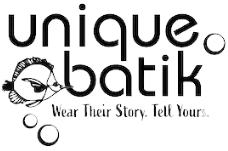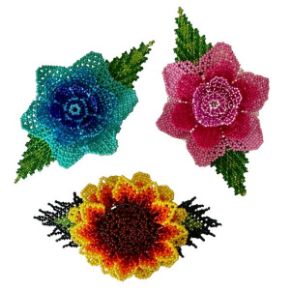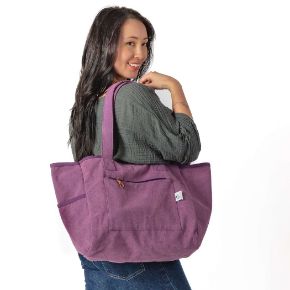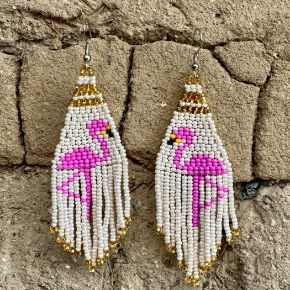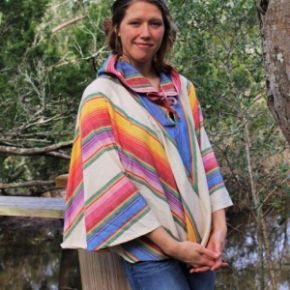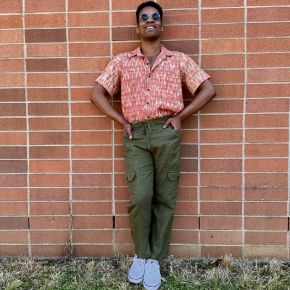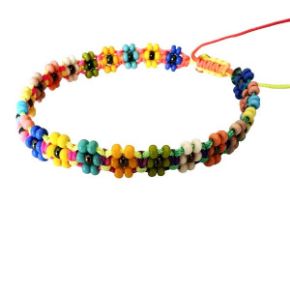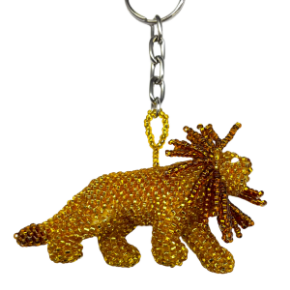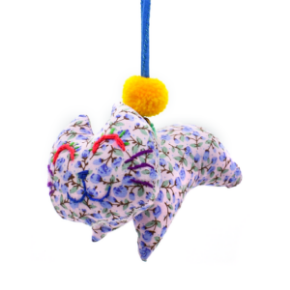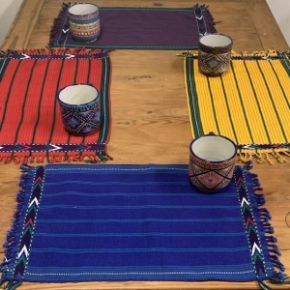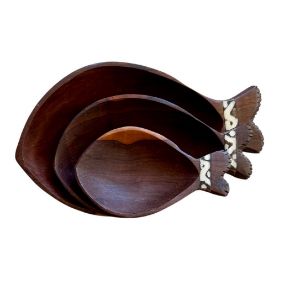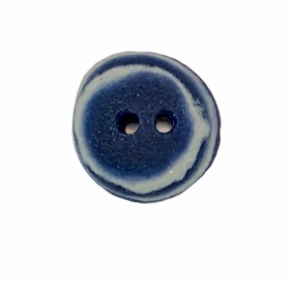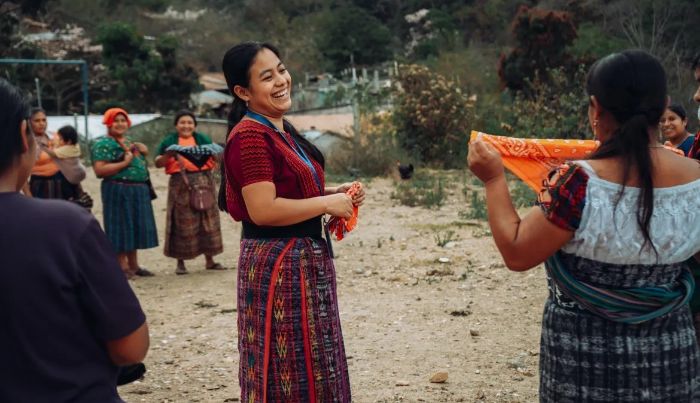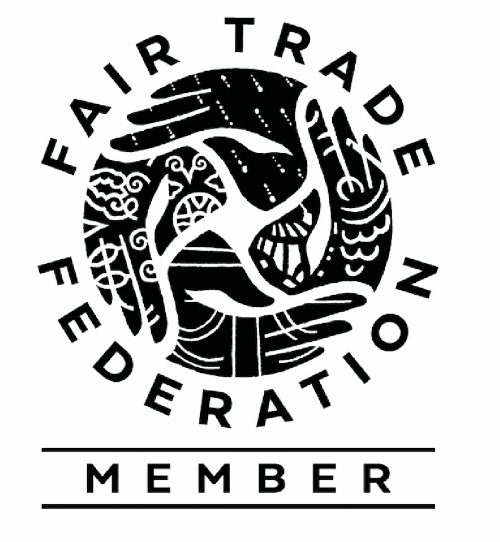The products we sell are a tangible form of self-expression. When a Guatemalan beadworker creates a bracelet, for example, she instills that piece of jewelry with her personality.
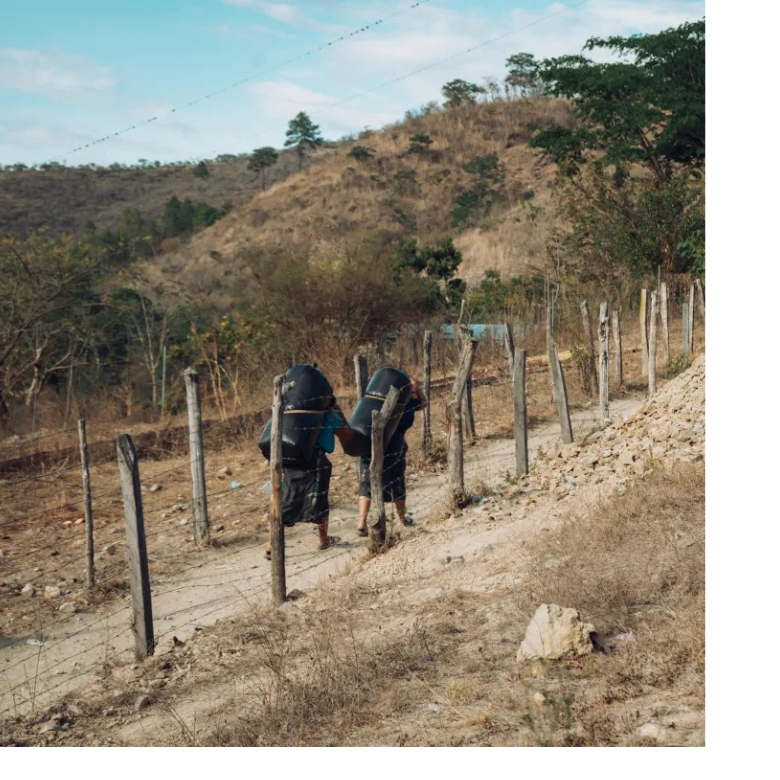 Unfortunately, many women in rural Guatemala feel voiceless and invisible. This is the subject of a recent article by Melisa Kljuca, who writes about "Well-Being Clubs" in the villages of Departamento Baja Verapaz. ("Departamento" is roughly equivalent to a county in the United States.)
Unfortunately, many women in rural Guatemala feel voiceless and invisible. This is the subject of a recent article by Melisa Kljuca, who writes about "Well-Being Clubs" in the villages of Departamento Baja Verapaz. ("Departamento" is roughly equivalent to a county in the United States.)
"For generations," says Kljuca, "Indigenous women in Guatemala have carried families and traditions, but their own wellbeing often came last."
Now, though, Well-Being Clubs are offering "safe spaces where women can explore emotions, practice stress management, and build confidence in their own languages, Achi and Kaqchikel." 
Kljuca estimates that more than 500 women and girls have joined the clubs, which are supported by the International Organization for Migration (IOM). In addition to language sessions, there are "gratitude journals, self-regulation exercises, and trust-building activities such as drawing blindfolded while guided by peers."
According to a woman quoted by Kljuca, the trust exercise showed "how much we depend on others and how valuable support can be."
Another participant summed up the ultimate goal of the clubs: "When a woman finds her voice, she finds her power. And when she does so within her community, change multiplies."
The article by Melisa Kljuca appears on the IOM website, along with photographs by Luis Pedro Lara. To read the article in full, click here.
